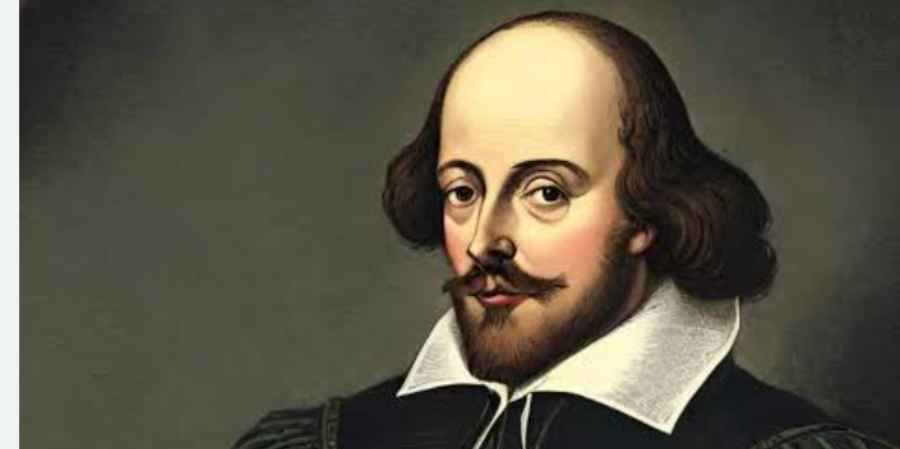

William Shakespeare is recognised as one of the greatest playwrights and poets in the history of the English language. He was born in Stratford-upon-Avon, England, on April 23, 1564. He was the third child born to successful glove maker and alderman John Shakespeare and wealthy landowner Mary Arden.
Shakespeare most likely started his study in Latin grammar and literature at the King's New School in Stratford. He wed eight years his senior, Anne Hathaway, when he was eighteen. Together, they produced three children: Susanna, the twins Hamnet and Judith, and Susanna. His early married life remains mysterious, leading to speculation regarding his actions throughout this period, frequently referred to as his “lost years.”
Shakespeare relocated to London in the early 1590s and started a prosperous career as an actor and writer. He joined a well-known acting troupe called the Lord Chamberlain's Men, which subsequently changed its name to the King's Men. His writing included a variety of genres, including histories, tragedies, comedies, and romances. Hamlet, Othello, King Lear, Macbeth, A Midsummer Night's Dream, and The Tempest are among the well-known plays. His plays received widespread praise and royal support when they were presented at the Globe Theatre and other locations.
Shakespeare's poetry, nuanced character development, and profound understanding of human nature set his work apart. In addition, 154 sonnets and two lengthy narrative poems, "Venus and Adonis" and "The Rape of Lucrece," were written by him. These works are renowned for their rich emotional content and striking imagery.
Shakespeare retired to Stratford in 1613, having made real estate investments there, notably the acquisition of New Place, the town's second-largest home. He enjoyed the rewards of his lucrative profession during his senior years in relative affluence. He continued to write until his death on April 23, 1616, at the age of 52. He was laid to rest in Stratford's Holy Trinity Church, and people still come here to pay their respects to his tomb.
Shakespeare's plays are performed more frequently than those of any other playwright and have been translated into every major language, ensuring his legacy lives on. His enormous impact on theatre, litera and the English language has solidified his place as a global cultural icon.
His plays and poetry have inspired and resonated with audiences, academics, and artists worldwide, proving the enduring and universal appeal of his command of language and storytelling.
His characters—from the reflective Hamlet to the driven Lady Macbeth—are well known for their nuance and complexity, exhibiting a keen grasp of human psychology.
